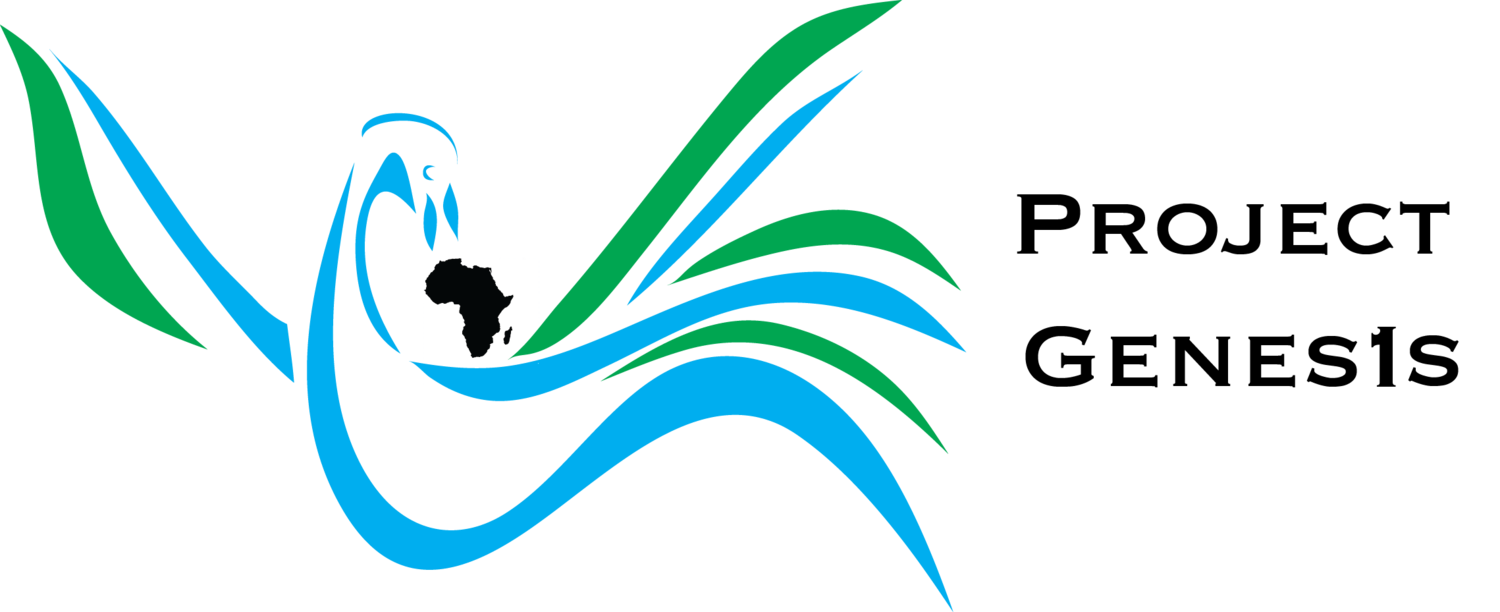By Amina Sesay
At 20 years old, as a 1st Generation American, eager to know exactly where my roots lie. I finally had the opportunity of visiting my parent’s homeland of Sierra Leone. It was an amazing experience filled with an abundant amount of love from family members from both sides, authentic food, beautiful weather, entertainment all throughout the streets, and a sense of peace. But the essence of Sierra Leone was masked by the grave disparities and the trauma left behind from a decade long civil war.
Sierra Leone was and still is in a “Public Health and Economic Crisis”. I witnessed a clear divide between social and economic classes. People were suffering to make ends meet day-by-day, selling goods on unbelievably crowded streets, with large piles of sewer and trash in the gutter. Smog engulfed the city of Freetown overshadowing advertisements about condom usage, HIV prevention, Ebola, and education detracting from Sierra Leone’s natural beauty.
What struck me the most was the amount of filth that was on the street and how comfortable people were throwing their trash on the ground. Growing up in America, I was very aware of the consequences of littering. However, in America, infrastructure is in place to encourage sanitary practices. Trash cans are located on every corner for public use. In Sierra Leone, the proper infrastructure for garbage disposal did not exist. Townships utilized a common bare area of land as their own personal landfill burning the trash on occasion, causing the air to have a hazy grey appearance. Taking this into consideration, it became clearer for me to understand why Sierra Leone is polluted with filth. The lack of sanitary resources prompted me to create a plan in my travel diary titled “Solutions for Sierra Leone’s Problems”. One of the solutions I came up with is reducing the amount of litter through implementing service-learning projects in primary and secondary school curriculums that would allow the students to see the importance of living in a clean environment.
Thinking back to my younger days in elementary and middle school the idea of volunteering and service-learning projects were heavily emphasized. We were constantly told that giving back to our community is a key component in being a well-rounded citizen. I believe that in order for effective change to take place in any part of the world, the youth need to be at the forefront of their community’s most pressing issues, particularly issues that will affect their health and quality of life.
Margaret Mead once said, “Never doubt that a small group of thoughtful, committed citizens can change the world; indeed, it’s the only thing that ever has.” Therefore, I wholeheartedly believe that youth engagement is vital in order to create sustainable change throughout the continent of Africa. Having equipped role models & thought leaders is imperative to amplifying their voices and guiding them towards making the change that they need for a brighter future. Project Genes1s has provided me the platform to make a change and I look forward to implementing youth-led sustainability

